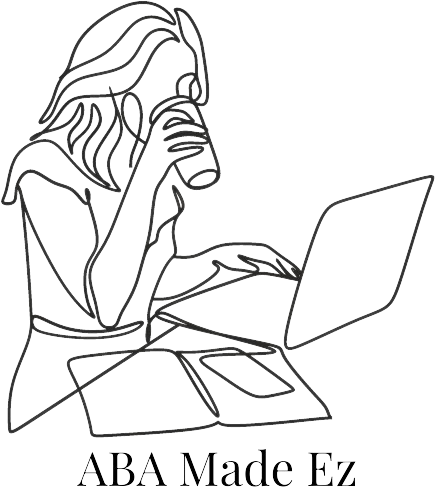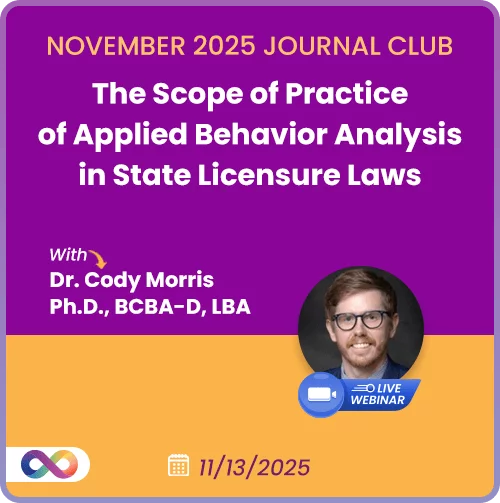
The Scope of Practice of Applied Behavior Analysis in State Licensure Laws
You could be the first person to provide your opinion.
Purchase now & provide your feedback on this product and receive a $25 store credit!
Subject Matter Expert: Cody Morris, Ph.D., BCBA-D, LBA | Host: Maria Nicolaou, MSc BCBA
LIVE WEBINAR: November 13, 2025 | 10:00 AM PST / 1:00 PM EST
Note: Registration is free for the live webinar, Attendees have to pay $10 CEU Certification Fee for the certificate.
CEU ELIGIBILITY:
BACB CEUs: 1 General
QABA CEUs: 1 General
IBAO CEUs: 1 ABA Topic
Are you confident that your clinical practice aligns with your state’s legal scope of practice for ABA—and do you know how those definitions differ across the U.S.? Join Special Learning’s Journal Club, where we engage in thoughtful, practitioner-focused discussions that explore emerging ethical and professional issues shaping the future of applied behavior analysis.
In this month’s Journal Club, we will examine the article The Scope of Practice of Applied Behavior Analysis in State Licensure Laws by Cody Morris, Margaret Donovan, and Evan Switzer—a timely analysis of how ABA’s professional identity has evolved from Baer, Wolf, and Risley’s foundational seven dimensions to state-specific licensure laws that now define what behavior analysts are legally permitted to do.
Overview:
Since 2009, the introduction of licensure laws for behavior analysts has formalized the “scope of practice” of ABA across U.S. states. But what happens when those laws differ in how they define ABA? This article investigates how well each state’s licensure law aligns with Baer et al.’s seven dimensions of ABA and the Association of Professional Behavior Analysts (APBA) Model Licensure Act.
The findings reveal significant inconsistencies among states, including the omission of key dimensions such as technological and generality, raising ethical and practical questions about the unity of the field and the protection of consumers.
The authors explore:
- How state licensure laws vary in defining ABA practice.
- The alignment (or lack thereof) with Baer et al.’s seven dimensions and the APBA Model Act.
- Potential ethical and professional consequences of inconsistent scope definitions across states.
- The importance of understanding the distinction between scope of practice and scope of competence.
- Strategies for promoting consistency and advocacy in state-level licensure development.
- As ABA continues to professionalize, understanding the boundaries of ethical, competent, and legally compliant practice is more critical than ever.
Who Should Attend:
- Behavior analysts seeking to ensure compliance with state-specific laws.
- Supervisors and educators preparing new practitioners for ethical and competent practice.
- Administrators and policymakers developing or revising licensure standards.
- Researchers and advocates interested in aligning ABA’s legal frameworks with its scientific and ethical foundations.
- Don’t miss this opportunity to explore how evolving licensure laws are shaping the identity, integrity, and ethical boundaries of applied behavior analysis.
Learning Objectives:
- By the end of this session, participants will be able to:
- Differentiate between “scope of practice” and “scope of competence” and explain their ethical implications.
- Describe how state ABA licensure laws align or diverge from Baer et al.’s seven dimensions and the APBA Model Act.
- Identify potential risks of inconsistency in licensure laws for consumers, practitioners, and training programs.
- Apply strategies for aligning professional practice with both ethical guidelines and state regulatory requirements.
MANDATORY DISCLAIMER:The Behavior Analyst Certification Board (“BACB”) does not sponsor, approve or endorse Special Learning, the materials, information, or sessions identified herein.
For cancellations and refunds, please see our policy HERE.
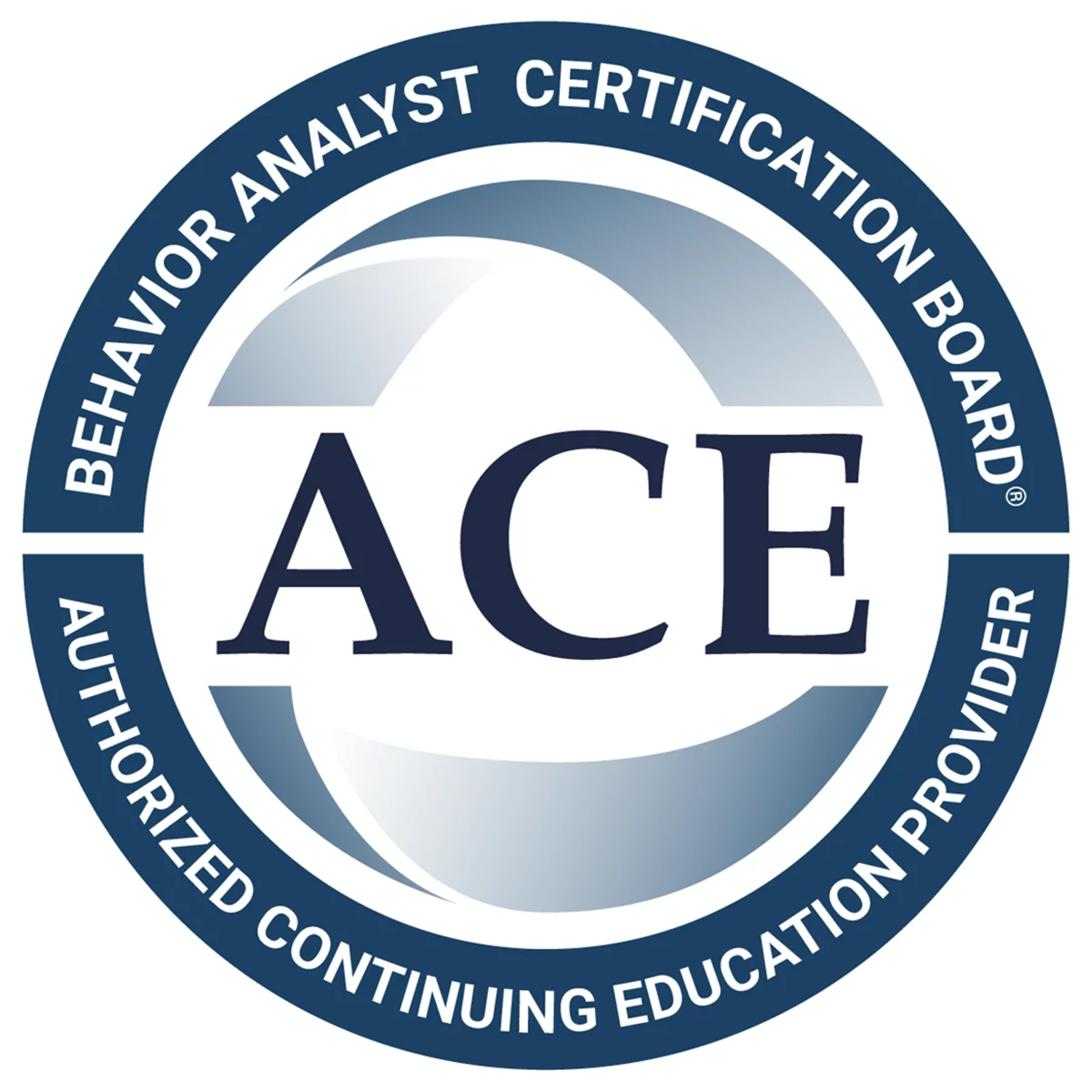
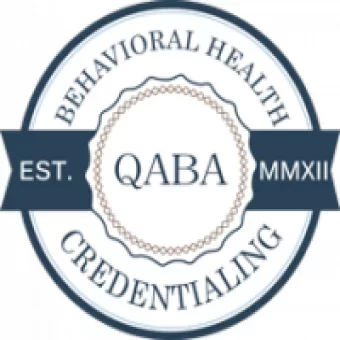
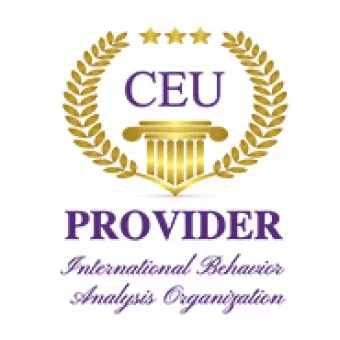
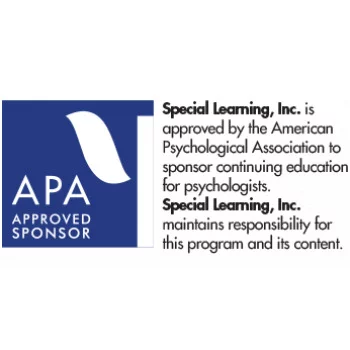
No reviews yet!
For adding a review for this product you need to purchase current product and be authorized.
